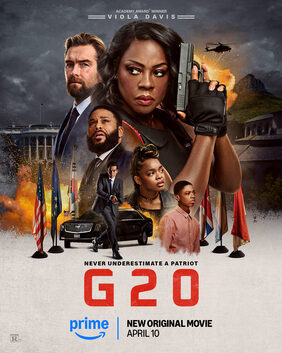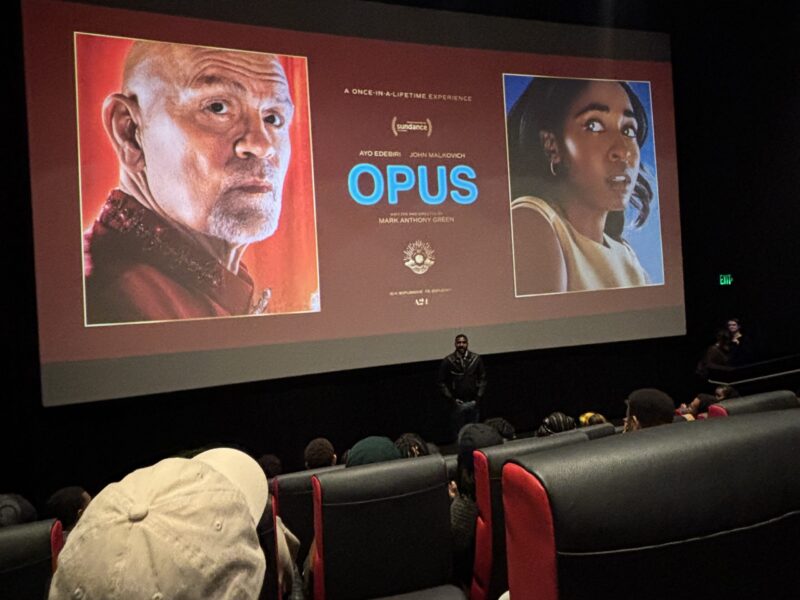A Review on “Mid-90s”

By Joshua Burrell
Do you remember the first group you identified with? At some point in a person’s life a conflict is created between their true identity and the role they’re given. Mid-90s, written and directed by Jonah Hill, follows 13-year old Los Angeles, CA native, Stevie, played by Sunny Suljic, experiencing childhood angst for the first time and attempting to find his identity against his familial role.
Mid-90s is a coming of age story that personifies pyschologist Erik Erikson’s Identity versus Role Confusion stage of psychosocial development. The slow and nostalgic exposition — on top of audience’s hype for Jonah Hill directing — start the film with a 10/10. Yet Mid-90s leaves too many unresolved plot points with its abrupt ending. The film scores points for telling a complex story that’s mostly develops through feelings, yet points are lost to an anticlimactic resolution. Jonah Hill’s Mid-90s scores a humble 8/10.
Audience watch Stevie struggle to express his identity as the youngest child in a sheltering single parent household. Ian, played by Lucas Hedges, is the tough-loving older brother archetype. Their mother Dabney, Katherine Waterston, is the overprotective single-mother. Stevie’s is introduced as a somewhat sheltered child who’s eager to grow up; his infatuation with freedom leads him to imprint on a colorful group of teen skaters — Fuckshit, played by Olan Prenatt, Fourth Grade, played by Ryder McLaughlin, Ray, played by Na-Kel Smith and Ruban, played by Gio Galicia — who give him the temporary illusion of freedom.
Stevie’s expression of freedom includes breaking curfews, using drugs, engaging in sexual encounters and repudiating rules which have since governed his life — typical teen angst. Hill uses skateboarding as a motif to establish themes of freedom and self-expression. The emphasis on translating emotion — using scenic California and light focused cinematography — with organic and vulnerable dialogue distract the audience from the film’s lack of plot. Things happen dramatically and relationships between characters rise and fall. Unfortunately the narrative structure is ambiguous throughout. The abrupt ending is confusing, because something seems to be missing when the credits roll.
87 minutes makes a short feature film; maybe the extra plot was lost to time? It’s possible the mood and dialogue are supposed to carry the audience above the otherwise monotonous story, but the ending is still a cliff that leaves the audience wanting more and asking: what happens next? There’s little to take away from the Mid-90s; the emotion is strong but the story itself is weak. Mid-90s shows the debut director’s potential, yet there’s a lot to be desired. Hill’s talent in films like Superbad (2007), Megamind (2010), and Cyrus (2010) show off great acting performances. Mid-90s shows the debut director’s potential in film making, but should audiences expect equal talent from Hill’s acting and directing?






